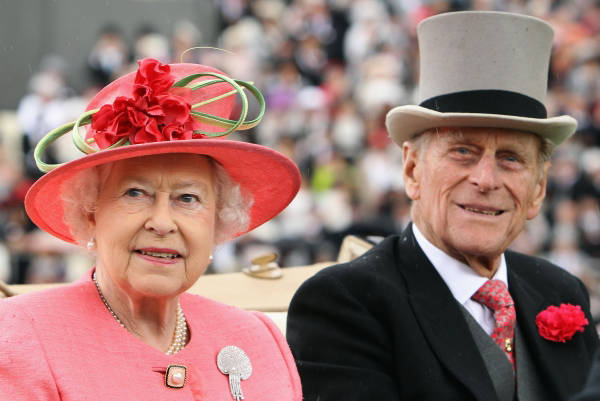Some of the reasons Canada is a monarchy are as follows:
-
It reflects our history: First Nations, then French and British settlers, all brought to Canada their experience of a chief or of royal authority.
-
It works well for Canada. Canadians chose twice to be a monarchy. The first time was in 1867, when the new country of Canada was formed. The second occurred in 1981, when a revised Constitution, basic law, was adopted.
-
It helps to show we are an independent nation and yet it reflects our character by sharing our monarch with 15 other diverse countries in the Commonwealth such as Jamaica, New Zealand, Australia, Papua New Guinea and Belize.
-
It promotes a stable political process, where the results of an election determine who will govern, not a violent act such as war or revolution.
-
It reminds Canadians of our special identity and way of life. This is important because of the huge influence of our friendly but much larger neighbour, the USA. So we have to work that little bit harder to appreciate our own institutions, in the same way as we have to work extra hard to obtain the best grades we can, to contribute to the team or the drama club or to find a good college, university or job.
-
The monarch promotes Canadian concerns such as tolerance, playing by the rules, protecting the environment and giving service to the community. This shows a commitment to the country that is not selfish, and not linked to any political party.
-
It makes clear the important but different roles of the monarch (the head of our nation who represents the things we all agree about) and the prime minister (the elected head of our government) whose policies we can argue about, and whose government we can re-elect – or not – about every four years.
Here (http://www.monarchist.ca/en/case-for-the-crown) is a series of brief points as to why Canada is a monarchy rather than a republic such as the United States. They are mainly written for older students.
An interesting feature of our form of government is that not all the rules
are written down, but some are based on what is called conventions
– a word which means something that everyone agrees is the normal and right thing to do.
Examples of conventions in our ordinary lives? There are no laws that say you must say please and thank you, watch your language around your younger siblings, avoid chewing food with your mouth wide open or stand up when the National Anthem is played at an assembly or sports event. But they are the small important acts which help to define a civilized society.
Can you think of some conventions that pretty well everyone follows at your school or in your family?
